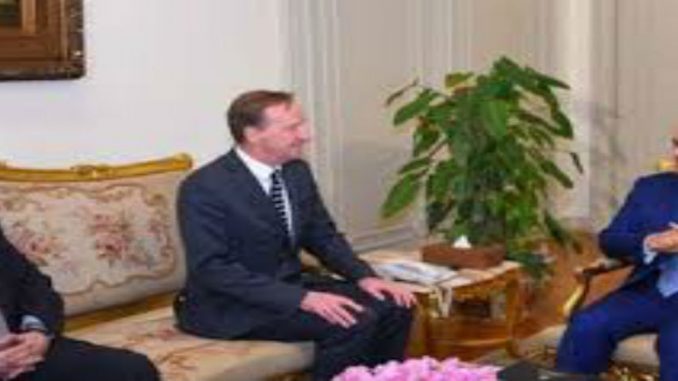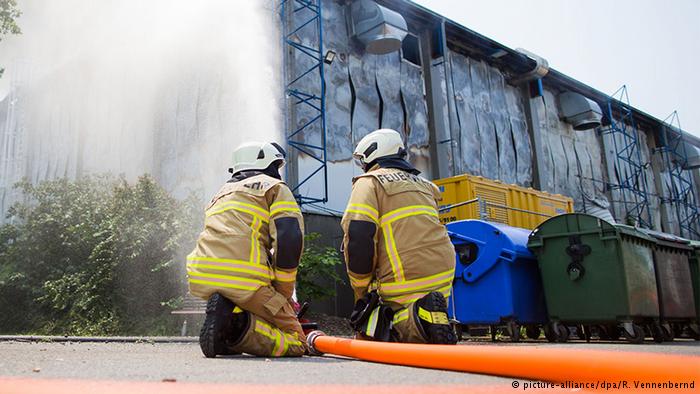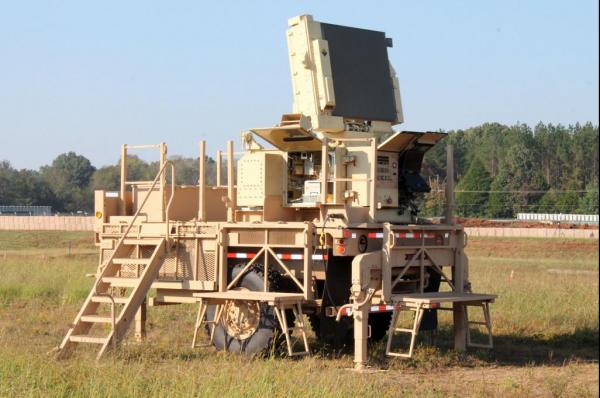
Al-Sisi has met with the Chief of the British Secret Intelligence Service (MI6) Alex Younger in Cairo in the presence of the Director of the Egyptian General Intelligence Service Khaled Fawzy and discussed cooperation in counter-terrorism.
The Secret Intelligence Service (SIS), commonly known as MI6 (Military Intelligence Section 6), is the British Intelligence Agency which supplies the British government with foreign intelligence.
In this context, the spokesman of the Egyptian presidency Alaa Youssef stated that MI6 Chief Alex Younger stressed that his country considers Egypt as a key pillar of stability and peace in the Middle East region, pointing out that the intensive security cooperation between Egypt and the United Kingdom is of great importance, especially in this stage as the Middle East region and many countries in the world are facing growing waves of terrorism.
Youssef added that Al-Sisi stressed that Egypt appreciates its relations with the United Kingdom, and it looks forward to strengthening and developing these relations for the benefit of both countries, especially in the light of the growing challenge posed by terrorism which is not confined to the Middle East region only.
In addition, al-Sisi noted that facing terrorism requires a comprehensive approach against all terrorist groups, and draining its sources on the military, security, political, social, or cultural levels.
During the meeting, Al-Sisi and Alex Younger discussed the current Middle East crisis. Younger expressed his country’s interest in exploring the Egyptian vision in resolving the crises of the region.
It is noteworthy that Britain has trained more than 80 Egyptian Armed Forces personnel in countering improvised explosive devices and close protection in the United Kingdom in 2015-2016.
Moreover, Micheal Fallon, the British Secretary of Defense, said last September that the UK would expand the training support for the Egyptian Armed Forces which means that under the new pledge the country will extend training to hundreds of Egyptian army personnel.
Micheal Fallon visited Egypt last September and said that Cairo is a key partner and that the two countries will continue to work together to fight terrorism and achieve security and stability in the region.
In this context, Fallon praised the “vital training” which he said had “helped Egyptian Armed Forces to defuse dangerous devices as they tackle the threat from our common enemy – terrorism.”
He said, “We are now going to step up co-operation with our Egyptian allies to help them increase training capacity in their Armed Forces.”
Fallon also highlighted the arms trading relationship between the two countries.
He said, “Egypt is a key partner, and we will continue to work together to achieve security and stability in this region.”
In May 2016, an Amnesty International report condemned the widespread use of British troops to train the security forces of regimes which – like Egypt – feature on the UK’s own human rights watch lists.
The report said that despite the EU suspension on arms transfers to Egypt, almost half of European Union (EU) member states have violated the sanctions.
The report reads,” After hundreds of protesters were killed in a show of grossly excessive force by security forces in August 2013, 12 out of 28 EU member states have remained among Egypt’s main suppliers of arms and policing equipment. It is feared that EU Foreign Ministers could soon decide to scrap the current, already insufficient, suspension.”
According to Amnesty’s report, EU states authorized 290 licenses for military equipment to Egypt, totaling more than €6 billion (US$6.77) in 2014 alone. The items have included: small arms, light weapons and ammunition; armored vehicles; military helicopters; heavier weapons for use in counter-terrorism and military operations; and surveillance technology.
The EU countries who have been supplying arms to Egypt through exports or brokering since 2013 are: Bulgaria, Cyprus, Czech Republic, France, Germany, Hungary, Italy, Poland, Romania, Slovakia, Spain and the UK.
According to Privacy International, the Egyptian authorities were also supplied by companies from several EU countries, including Germany, Italy and UK, with sophisticated equipment or technologies destined for use in state surveillance, which Amnesty International fears may be used to suppress peaceful dissent and violate the right to privacy.
In the same context, the Huffington Post(UK edition)has published an article that criticized Britain and the extraordinary relationship with the military ruler of Egypt saying that UK’s new relationship with the autocratic military government in Egypt is worrying.
Since the military coup led by General Abdel Fattah al-Sisi against Egypt’s first democratically elected president Mohamed Morsi in July 2013, “Egypt has once again become a nasty, repressive regime,” said the Huffington Post.
The military regime has launched a massive crackdown against human rights: torture, deaths in detention, forced disappearances, restrictions on civil society, the imprisonment of journalists and restrictions on freedom of expression.
Almost 40,000 Egyptians have been arrested by the regime since the military coup for opposing the regime and their participation in protests. During the first days of the coup between July and August, more than 1,000 people were killed” when the new regime conducted clearing operations to remove Muslim Brotherhood protesters from sit-ins in Cairo,” said the post.
But despite all these non-humanitarian policies adopted by the bloody coup, for Britain, “this all represents a new opportunity,” as both countries have enhanced the security and economic relations since al-Sisi reached power.



